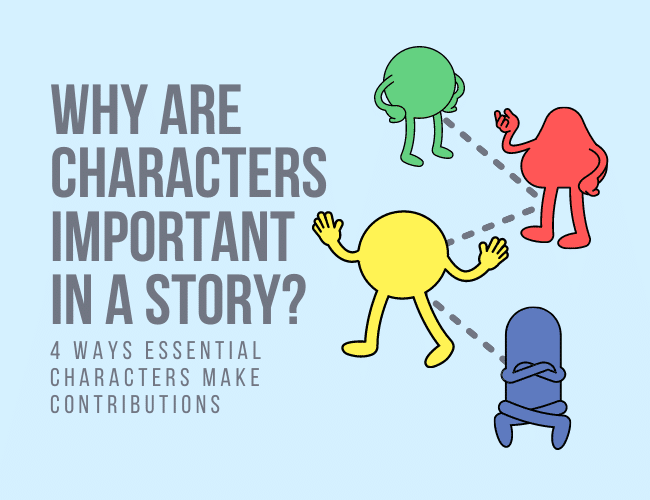
by J. D. Edwin |
As a writer, you know that a story can’t exist without characters. But have you ever wondered: “Why are characters important in a story?”
Perhaps you’ve questioned an even tougher problem: “When is a character important enough to keep in a story, and when does the narrative work better without them?”
In order for a side character—or any character—to matter in a story, they have to work as an essential character that impacts the protagonist, plot, setting, or another important aspect that shapes or moves a story forward.
In this article, you’ll learn four ways that determine if (1) the character is essential, and (2) how they contribute to a story. You’ll also learn the major types of characters and ways to determine if—for the characters who don’t qualify as essential—you’re better off revising their role, or cutting them from the plot.
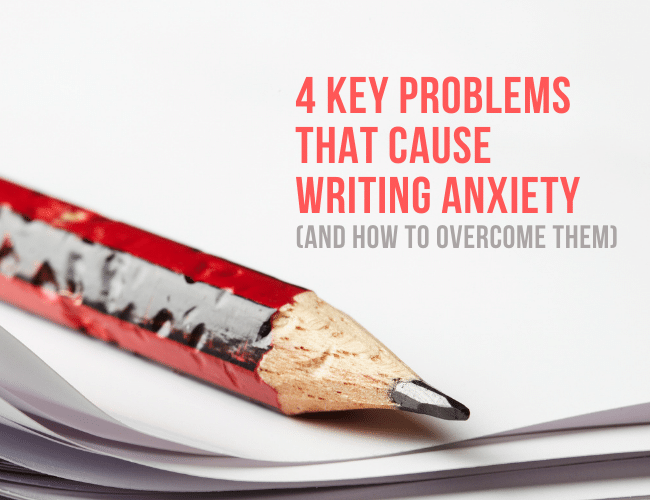
by J. D. Edwin |
Have you ever felt a rush of writing anxiety when trying to finish your story?
Whether you view this as resistance or low self-esteem, writing anxiety can prevent you from finishing that beautiful, unique story that only you can tell. Here are four common problems that feed writing anxiety and tips on how to overcome them.
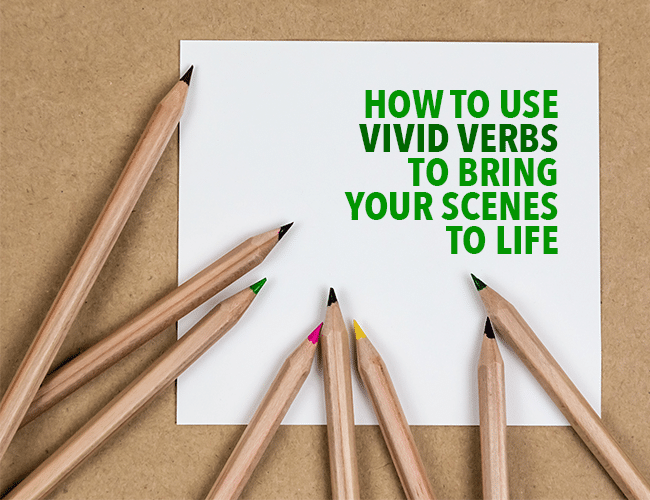
by J. D. Edwin |
Have you ever felt your writing is flat, despite how many beautiful words you use? You might be overusing adjectives and adverbs. Luckily, there is an easy fix—use vivid verbs instead.
Although you might instinctively think adjectives will improve your description, strong verbs actually do a better job at electrifying your creative writing.
In this post, you can learn a two-step process to improve your writing skills, and start implementing these tips with a little help from a list of vivid verbs.
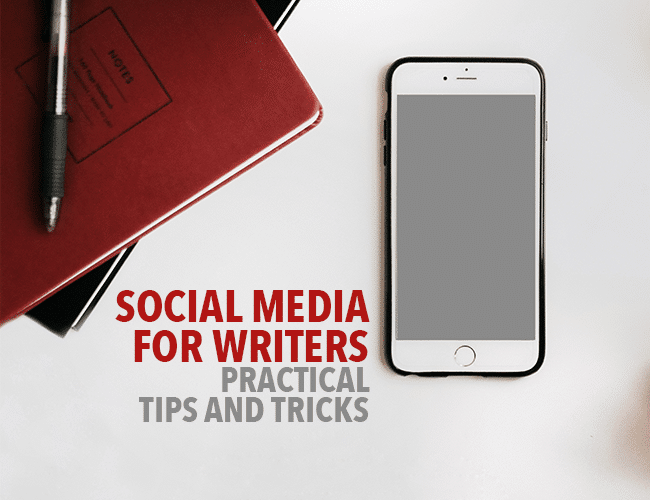
by J. D. Edwin |
Being a creator means getting your content out there to a target audience, and one of the best ways is through social media channels if you want to reach your readers directly. Here’s some practical advice on social media for writers.
Luckily, it’s actually much easier than you might think. Let’s take a look at the best ways for an author to use four of the biggest social media platforms: Facebook, Twitter, Instagram, and Pinterest.
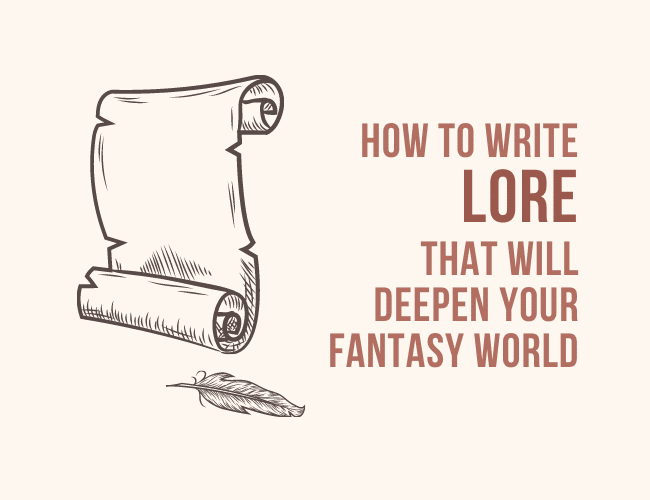
by J. D. Edwin |
The best way to immerse your readers in your fantasy story is through world-building, which can be an arduous and intimidating process. After all, to create an entire world is no easy task.
But what if you don’t want to spend a lot of time world-building? The key lies in lore. Lore is defined as “a body of traditions and knowledge on a subject or held by a particular group, typically passed from person to person by word of mouth.”







